


Blog post – Paris, France – Jan 16, 2024
Veolia Water, the world’s largest supplier of water services, sets a benchmark for all aspects of the water cycle in France, working on behalf of local authorities and industrial companies. Through its subsidiary, Birdz, Veolia is bringing its services to the new digital age. Over 3 million smart water meters have been deployed in France, offering accurate billing, leak detection, and customer empowerment.
The state of Veolia-Birdz deployment has been presented at the LoRaWAN World Expo in Paris in July 2022, by Laure Simon, Director of Telco Projects at Veolia Water France.
This massive deployment is leveraging LoRaWAN® IoT network technology to connect the smart meters. In France, Birdz is using Orange’s LoRaWAN nationwide network, powered by Actility’s ThingPark platform.
Veolia is a proud pioneer in smart metering and has been experimenting with it for 20 years, with the first deployments and feedback in the beginning of the 21st century.
Initially, Veolia built its own network based on proprietary radio networks (868MHz), but decided to shift to LoRaWAN in 2018. At that point, they established Birdz as a specialized subsidiary to manage solution deployment and connectivity, since this was not Veolia’s core business.
Today Birdz designs communicating sensors for water meters that are compatible with several radio technologies, including LoRaWAN & Homerider.
In France, Veolia supplies roughly 25 million people with drinking water and has 6,9 million end-customers, meaning water services subscribers, each of them using a meter, which is compulsory. Currently half of those meters are smart meters. The goal is to read more than 70% of the meters remotely by 2027.
A crucial particularity in France is that the decision to use smart meters depends on the municipality, which issues tenders for 7-8 years. Municipalities must be convinced that such a solution offers value and efficiency, lowers costs for customers, and is worthy of their trust. The tenders must also explain how they can change provider at the end.
Currently, Veolia has established 1,400 water contracts with local authorities, manages 2,172 drinking water plants, and distributes 1.6 billion cubic meters of drinking water.

25 million people supplied in France

6,9 million end-customers with meters
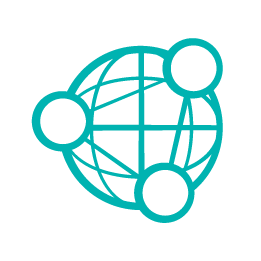
3 million LoRaWAN smart meters
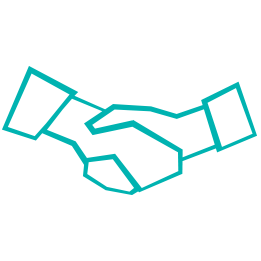
1400 local water contracts
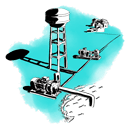
2172 drinking water plants managed
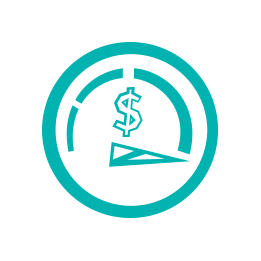
1,6 billion m3 distributed water
Birdz has chosen Orange Business Services to help it make a strategic shift from a technology requiring deployment of a radio network infrastructure to a solution that is open, interoperable, and meets the needs of their customers.
And for that, Orange has a long history of working with Actility for managing its public LoRaWAN network. This network currently covers 30,000 municipalities and 95% of the population of metropolitan France.
Birdz water meters work seamlessly with the Actility ThingPark IoT platform to collect and aggregate meter data. Relevant business metrics are calculated and transmitted to operations teams or end customers in ready-to-use applications. This data is also exported in the form of flows adapted to the IT architecture of our customers by using restful APIs, FTP, and data warehouse techniques.
Birdz found an ideal partner in Actility, which offers a unified, scalable, multipurpose IoT network infrastructure for utilities and cities, featuring well-defined points of interoperability between systems, significantly simplifying and reducing integration costs and challenges.
LoRaWAN provides optimal network coverage and is complementary to other connectivity technologies. For meters not employing LoRaWAN sensors, the Birdz LoRaWAN bridge provides a means to utilize LoRaWAN, mitigating challenges in the typical constrained utilities environment (such as buried meters, industrial sites, etc.) and facilitating connection to the LoRaWAN network.
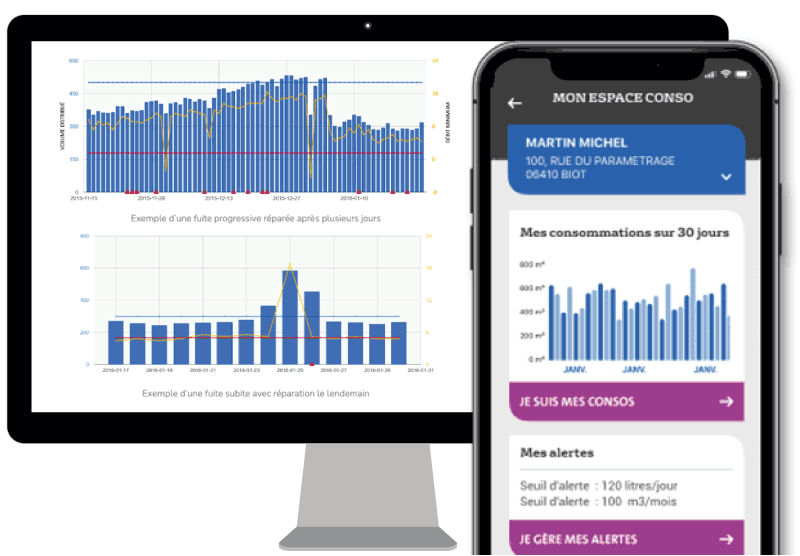
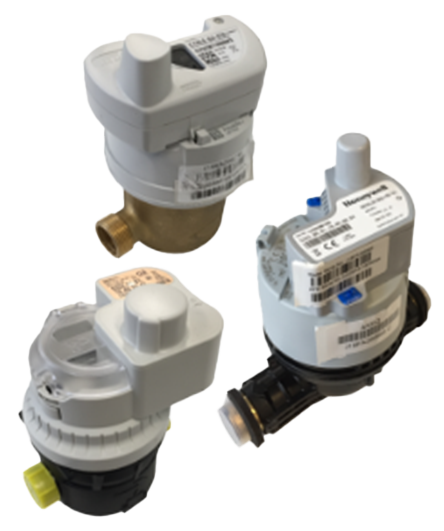
This smart water meters project is increasing water management efficiency from distribution to consumption and is greatly improving customer services.
• First, Veolia consumers have now access to real-time water usage data which they can use to identify problems and inaccuracies. Having real-time consumption data makes billing more accurate.
• The information is given back to the customers, and they are told when there is a problem, for example when a leak is detected. In 2021 alone, 60,000 customers received information about leaks. This approach saved over 3 million cubic meters of water, constituting 2% of all water distributed in France. This awareness also reduces complaints and the workload for customer services.
• It allows better and more accurate water network management, with a focus on true leaks and accurate consumption monitoring, which is a legal requirement. Thanks to smart meters, Veolia is reducing non-revenue water by easily detecting fraud and unauthorized connections and usage.
• This transformation is also paving the way for more ecological and innovative pricing. For example, raising the prices when the resources are getting scarce or incentivizing customers for better usage practices.
Besides the 3 million deployed smart meters, additional water sensors are scheduled for deployment to transition from pure metering to environmental services. The result will be a unified multiservice connectivity network to support digital transformation of water utilities.
Regarding Return on Investment (RoI), it’s important to understand that even though smart meters are more expensive than conventional ones, the data they provide enables a better understanding and change in water consumption patterns. In the context of climate change and water getting scarce, it’s an absolute priority to reduce its consumption and waste. Consumers getting data and advice can change their behavior. And the savings coming from it justify the investment.
For local authorities that agree to switch to smart metering, confidence in connectivity technology has utmost importance. And LoRaWAN, by being an international standard used by several industries, brings the guarantee of its perennity.
With Veolia, there’s no lock-in; customers are free to shift to another provider or LoRaWAN network operator. But in any case, they can use the data and it’s important.
LoRaWAN is in full expansion in France for smart cities use cases, reducing the environment footprint of the connectivity overall. For Veolia, using LoRaWAN allowed a sharp decrease in connectivity costs – they have been slashed by half! In addition, it allowed savings in maintenance operations because there is no need for telco specialists to change the meters . The savings/earning linked to smart meters nearly pay for the connectivity service.
As a result, the use of LoRaWAN has increased Veolia’s competitiveness in the already mature and competitive French metering market.
© 2024 Actility’s All Rights Reserved